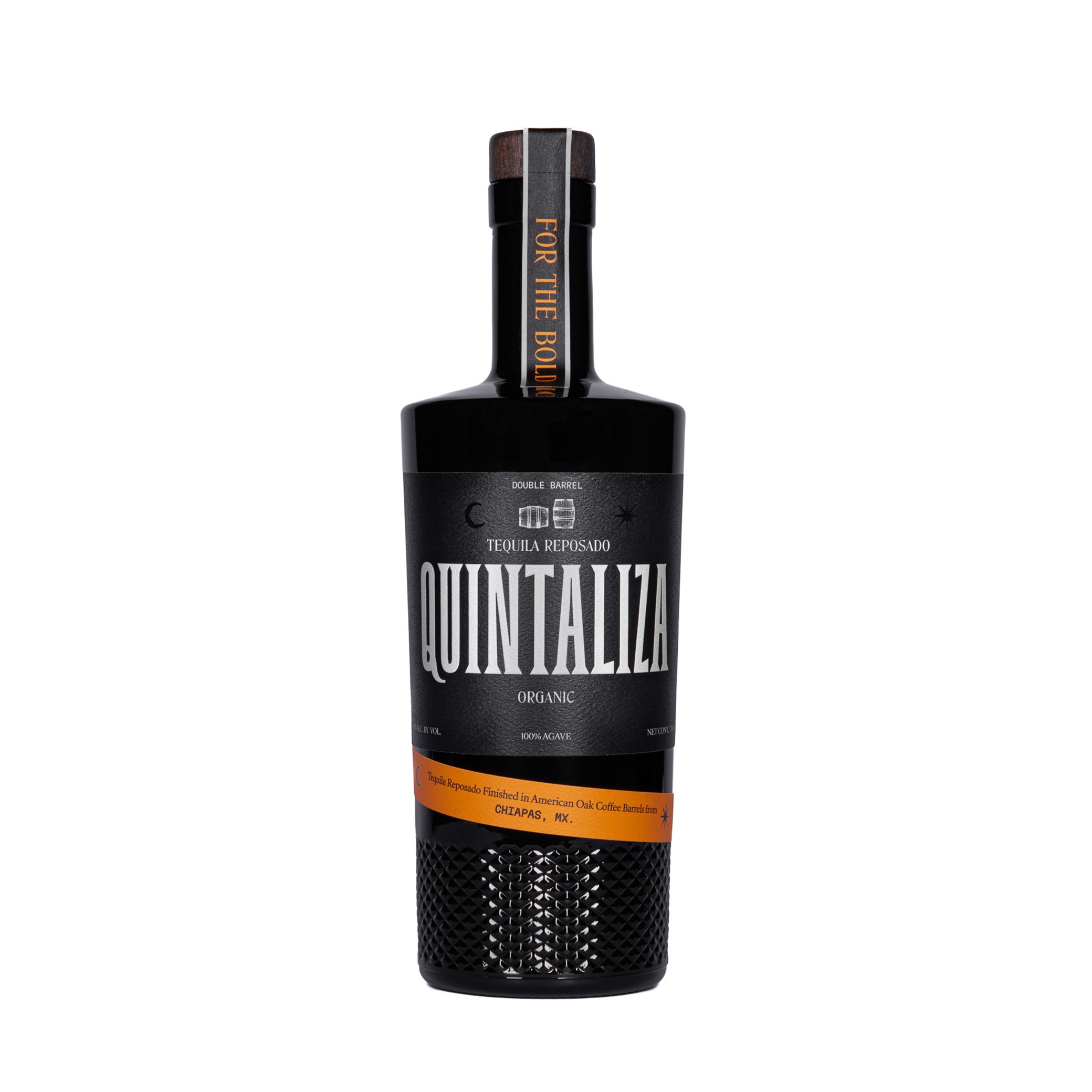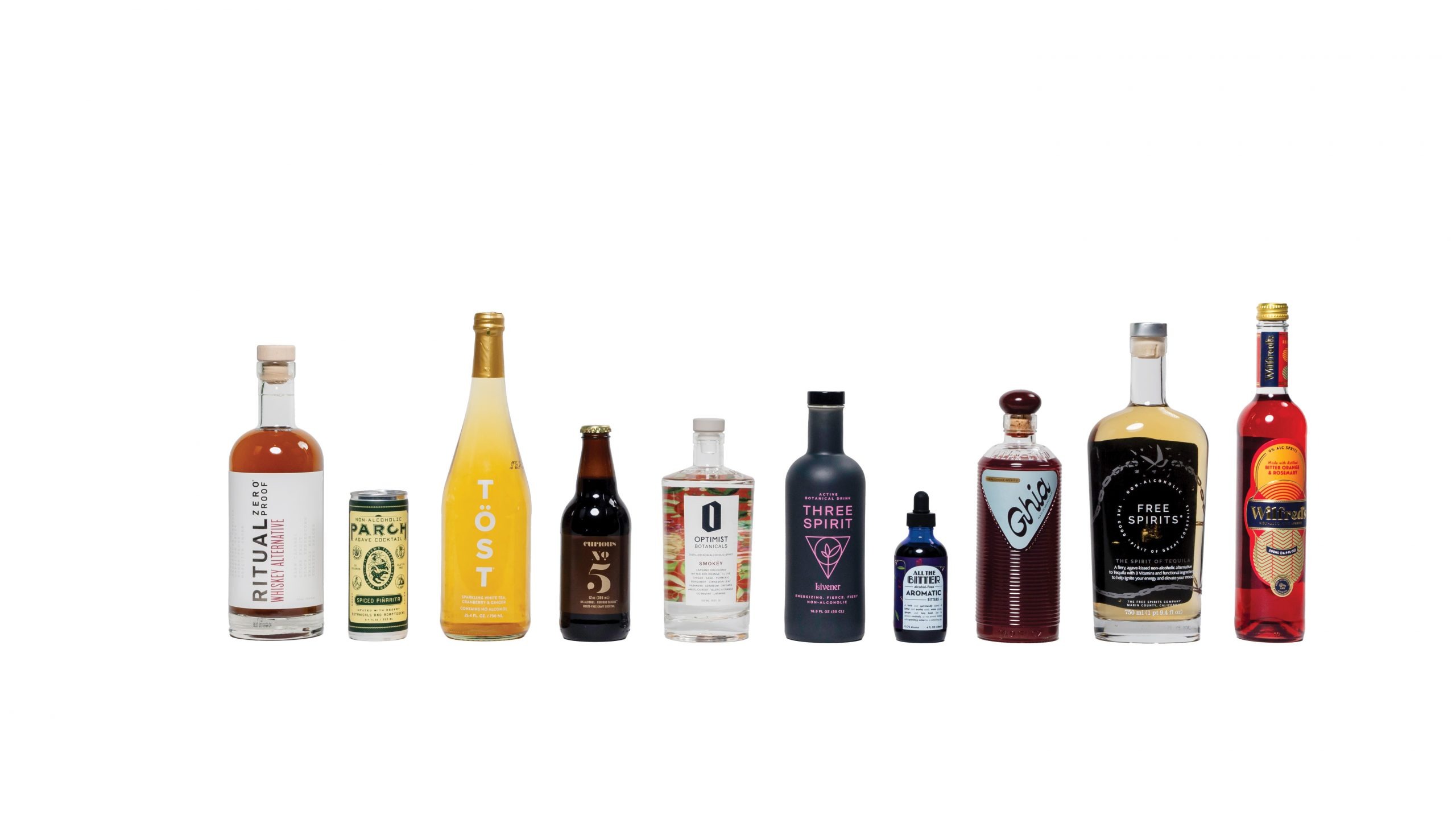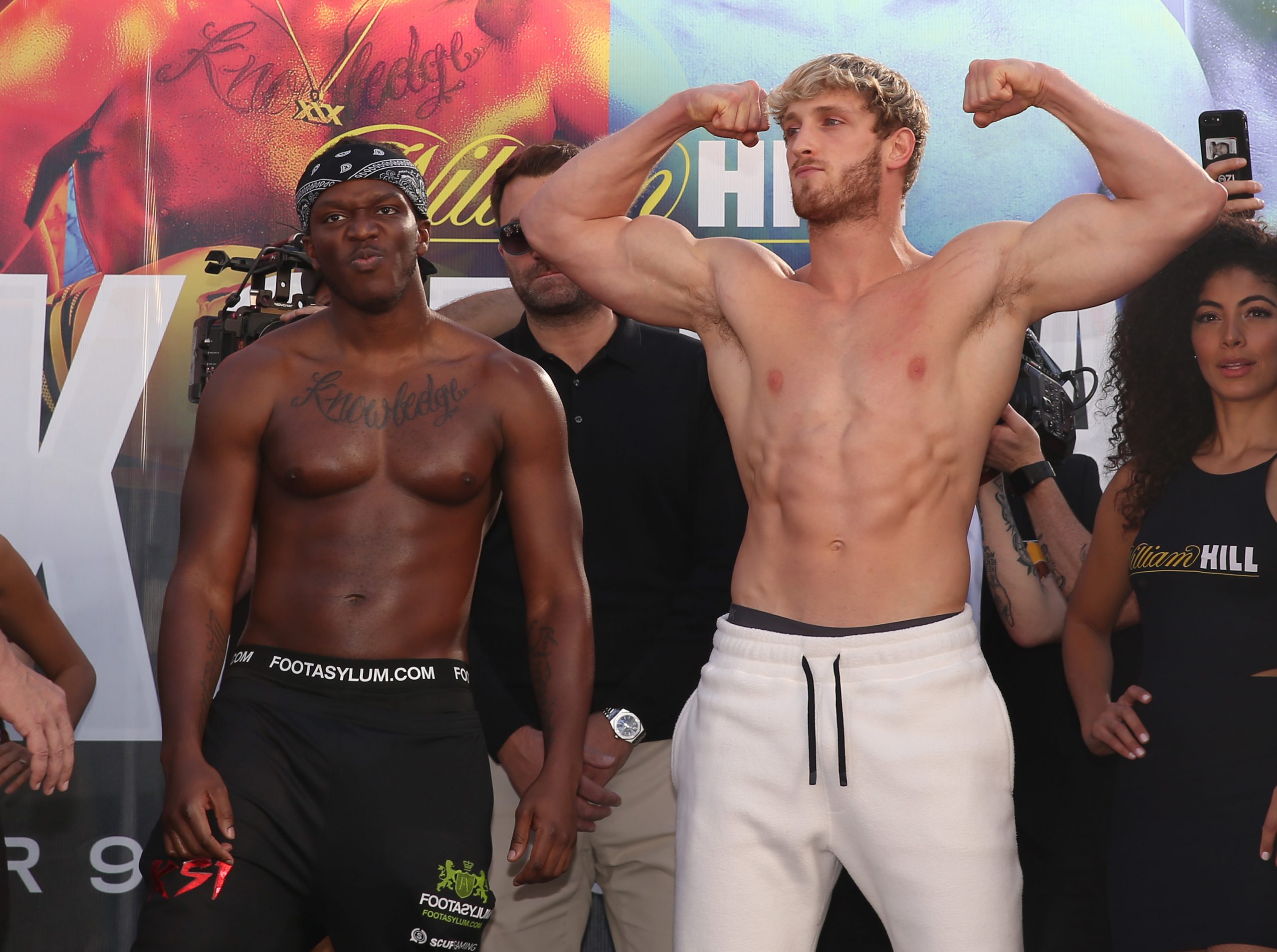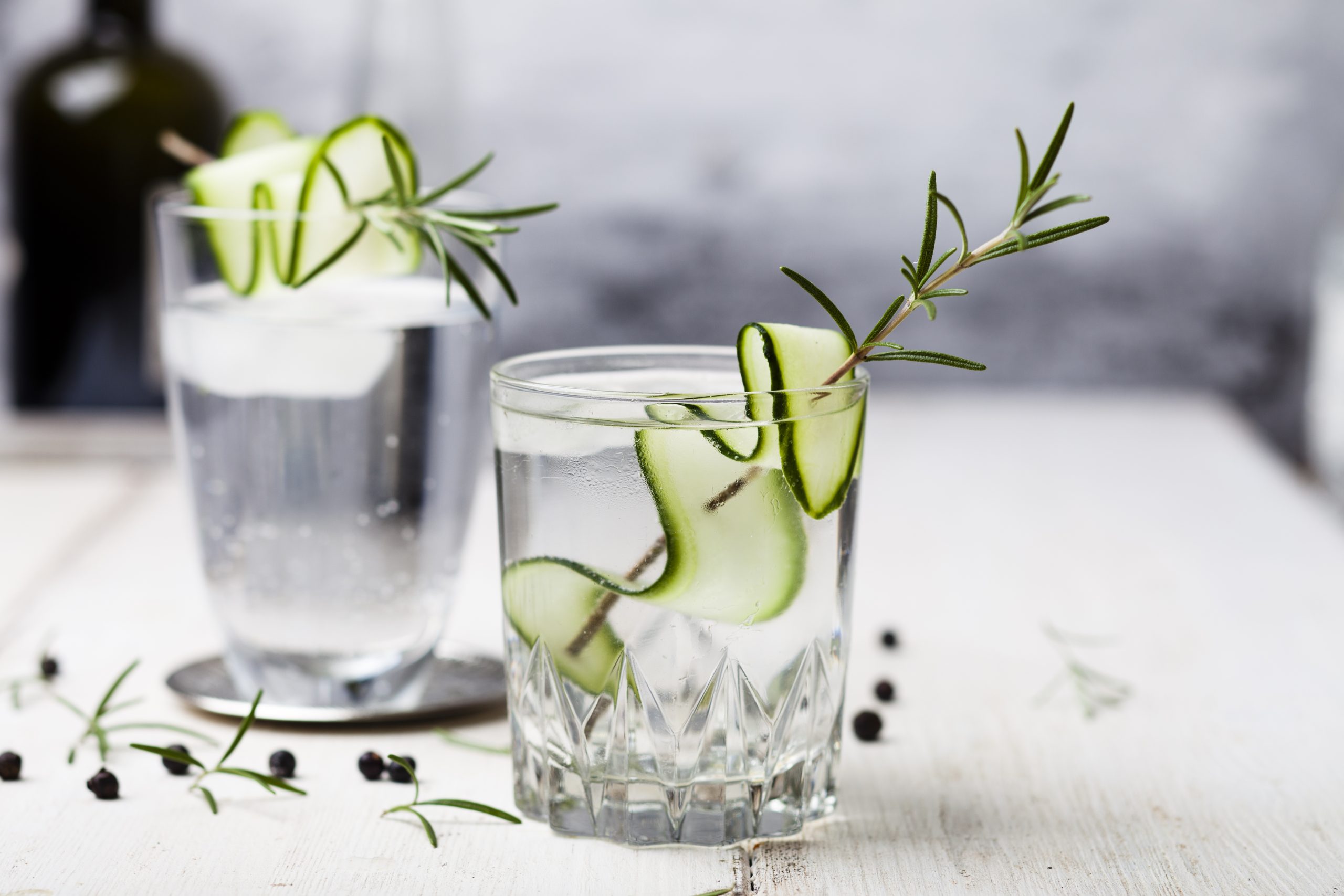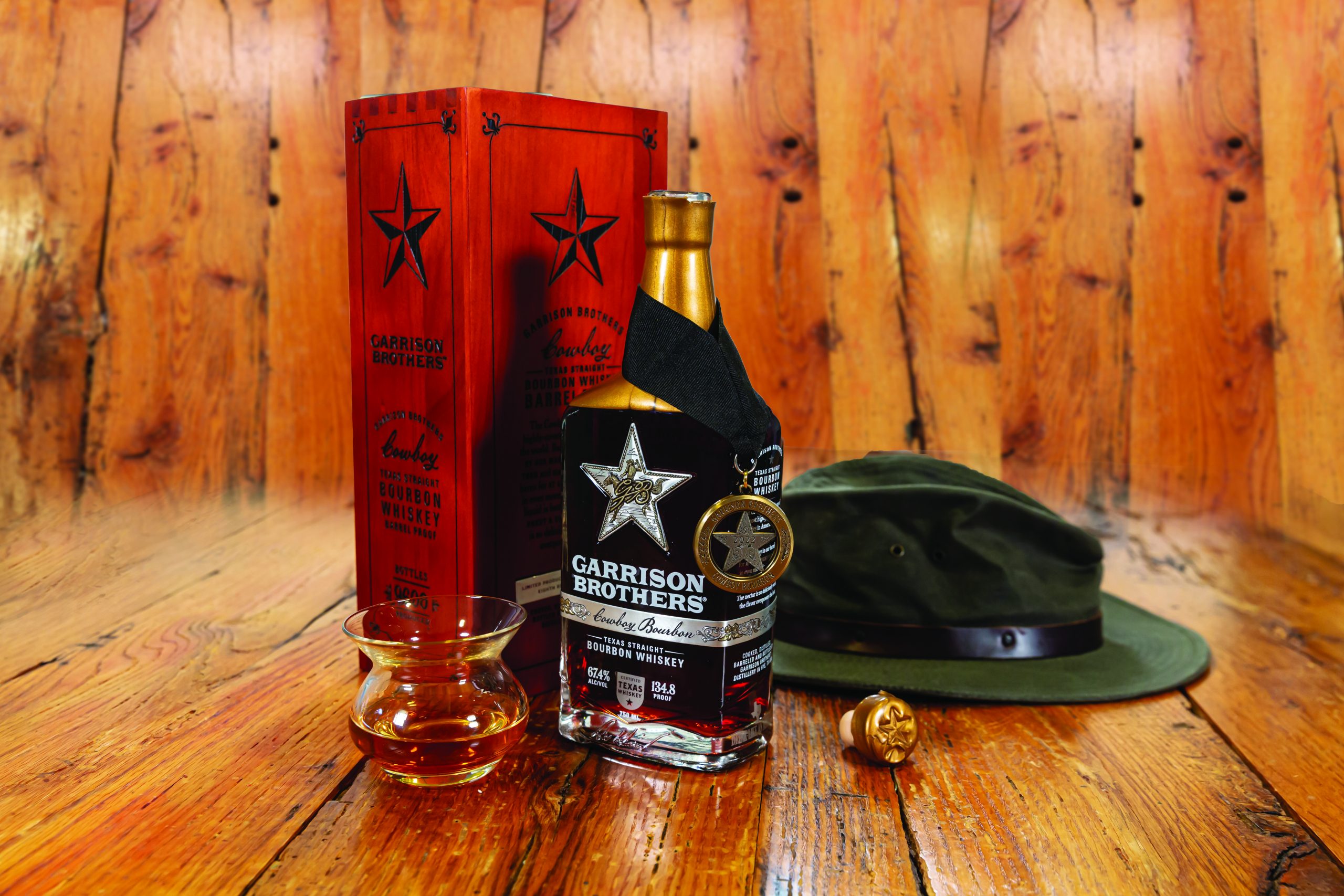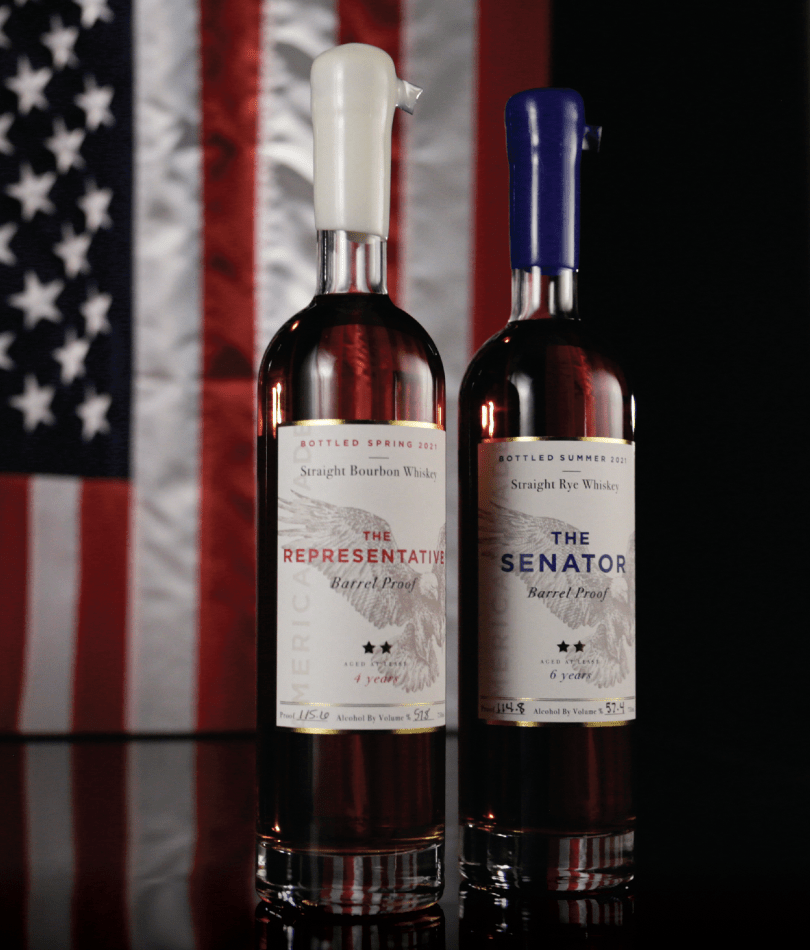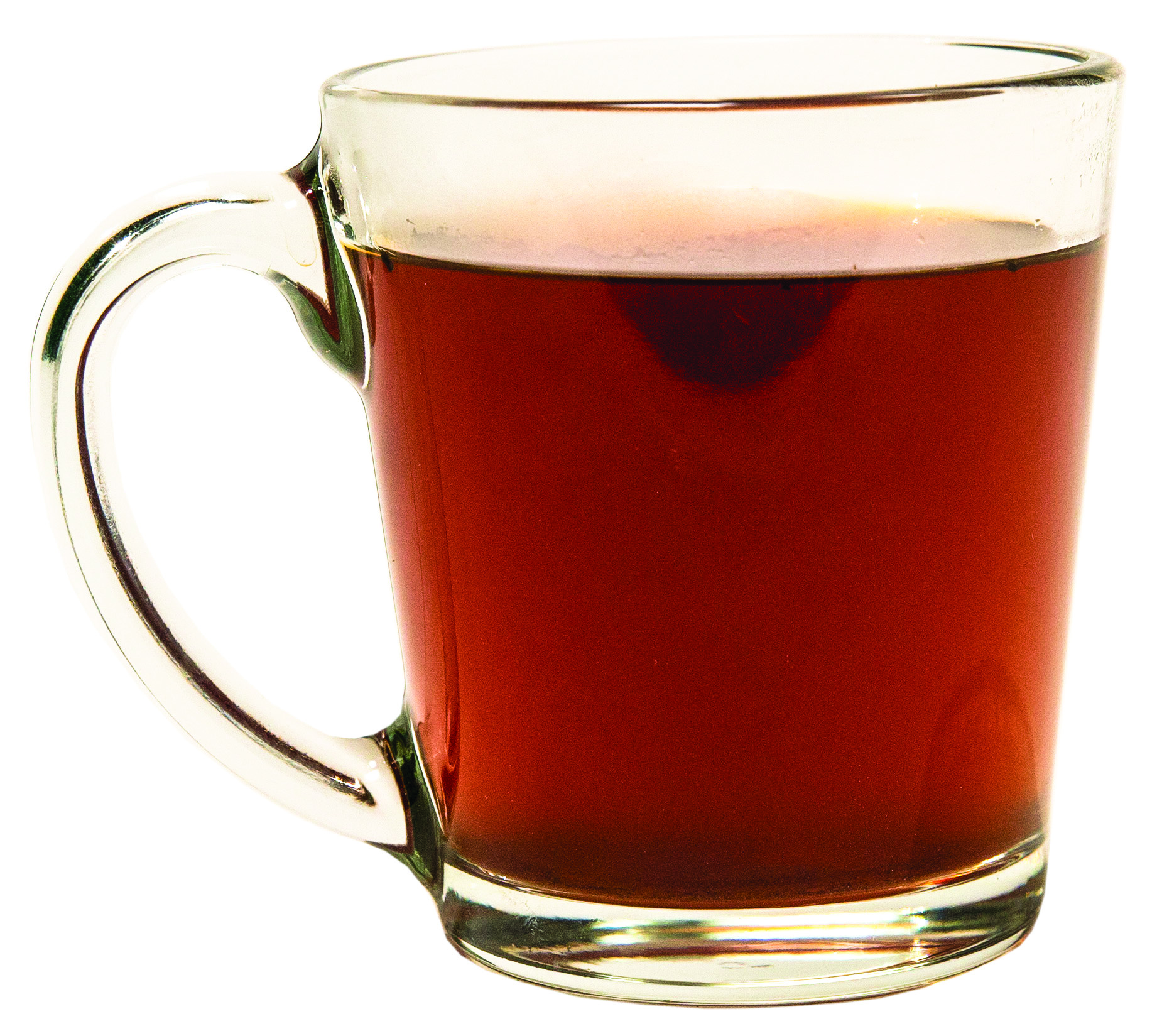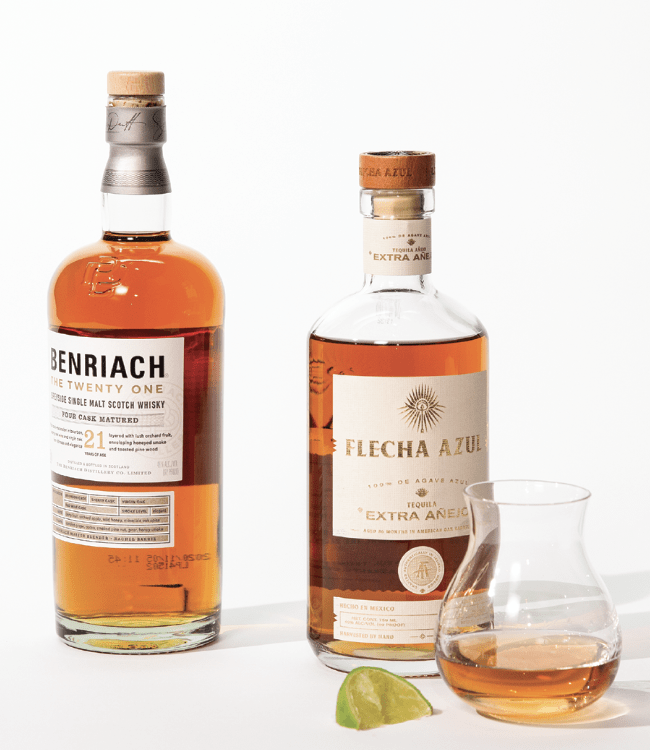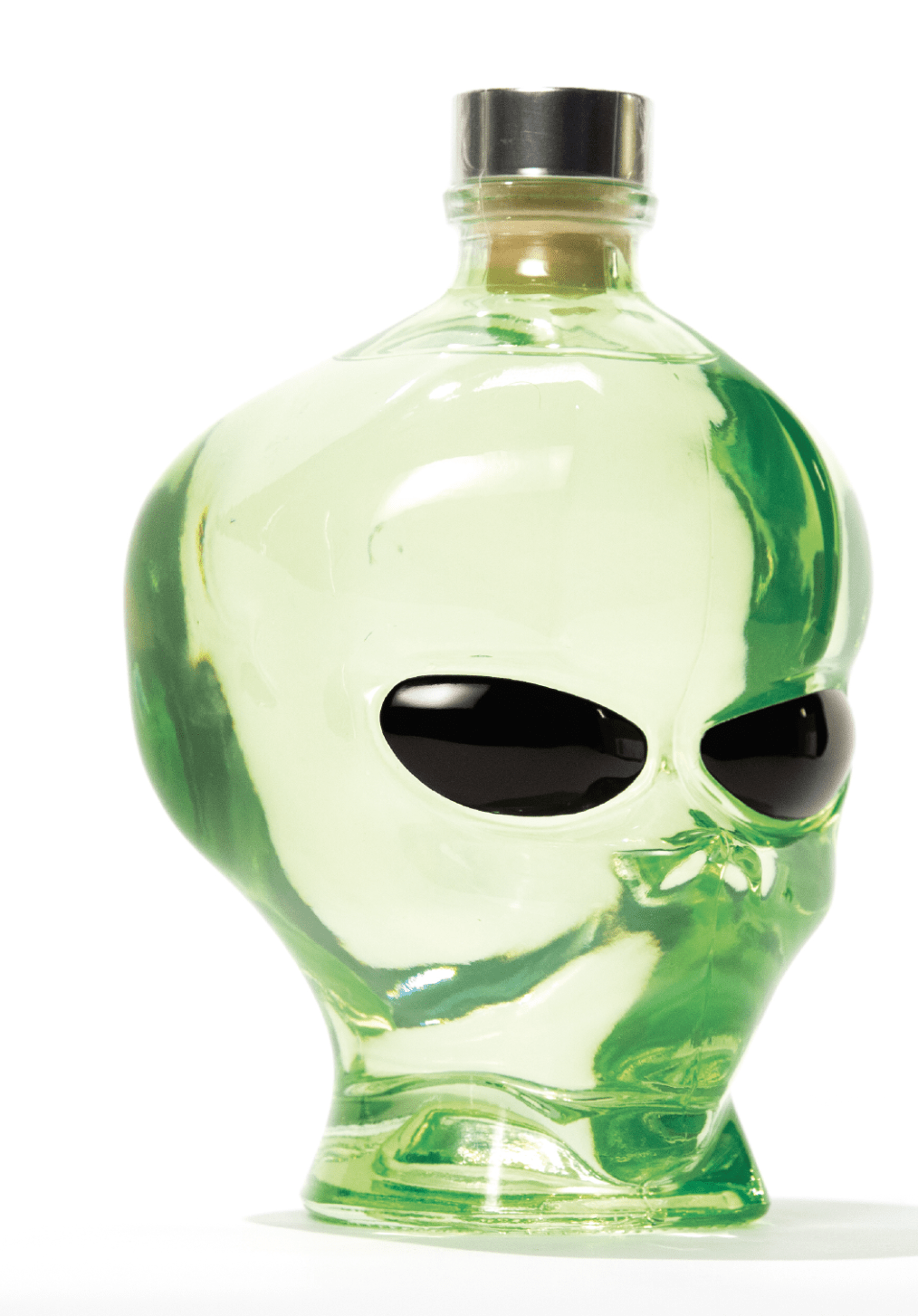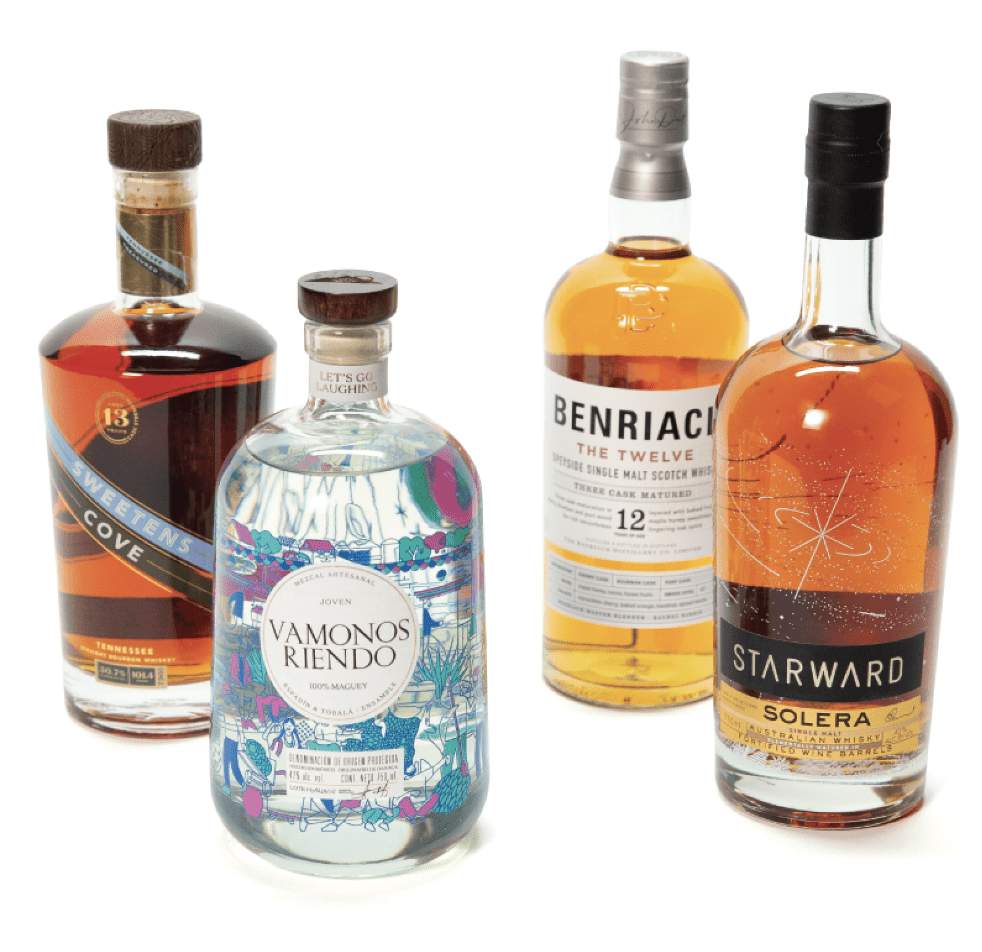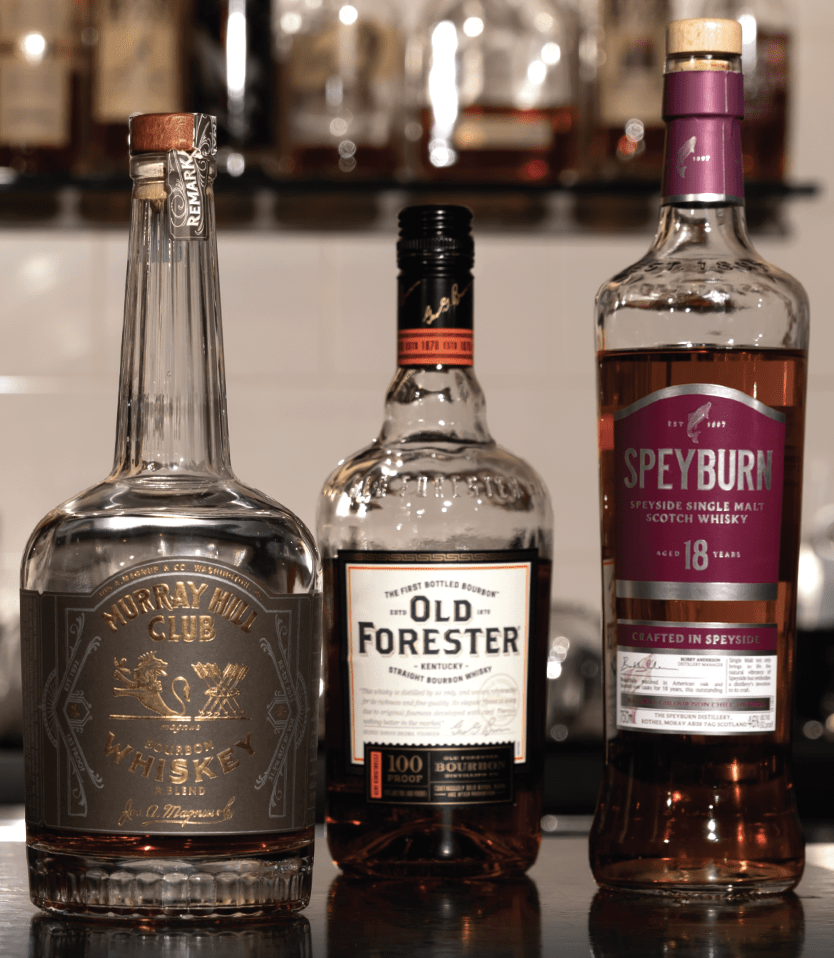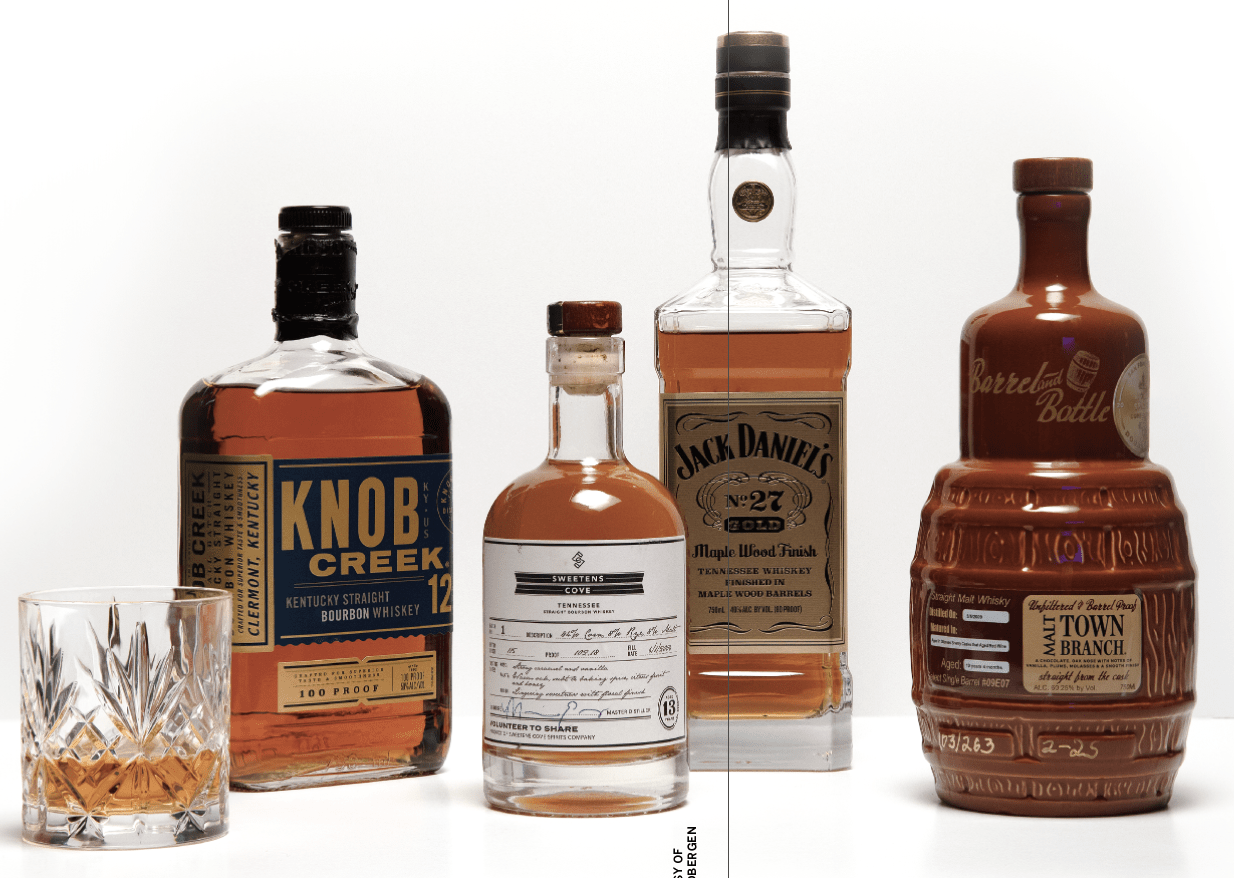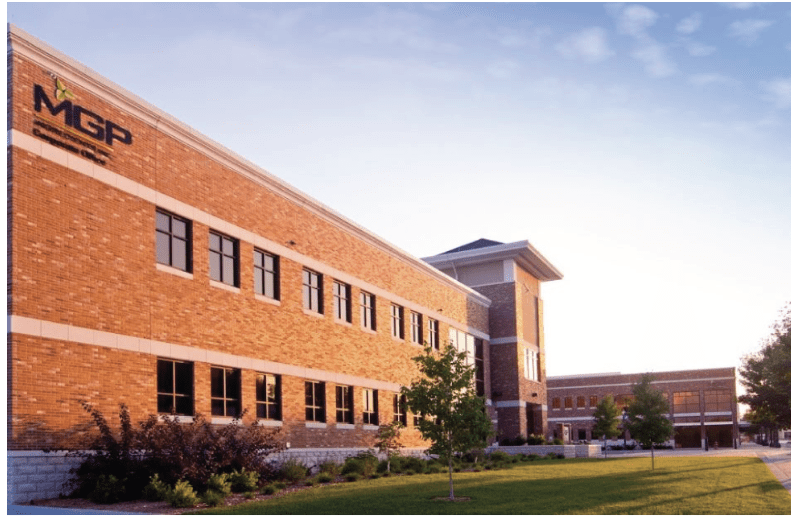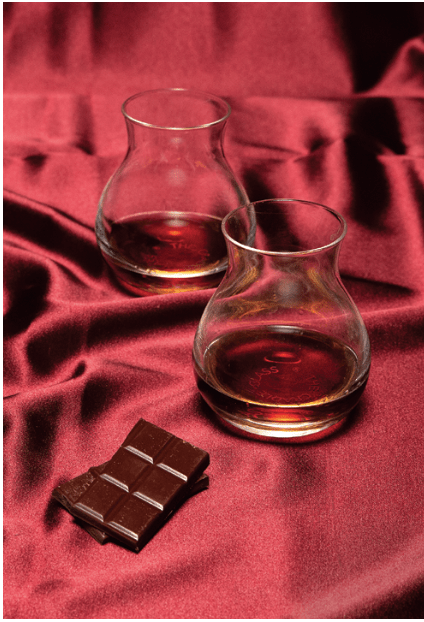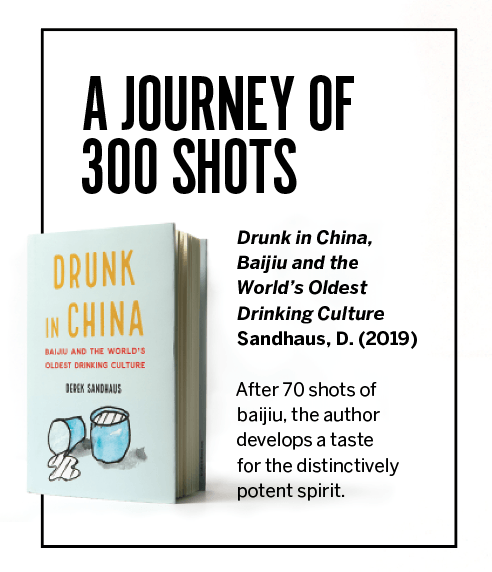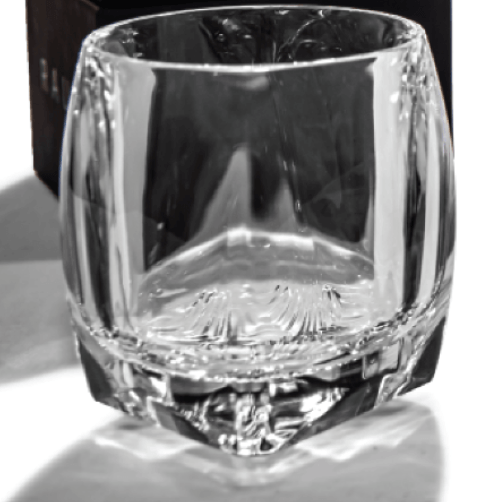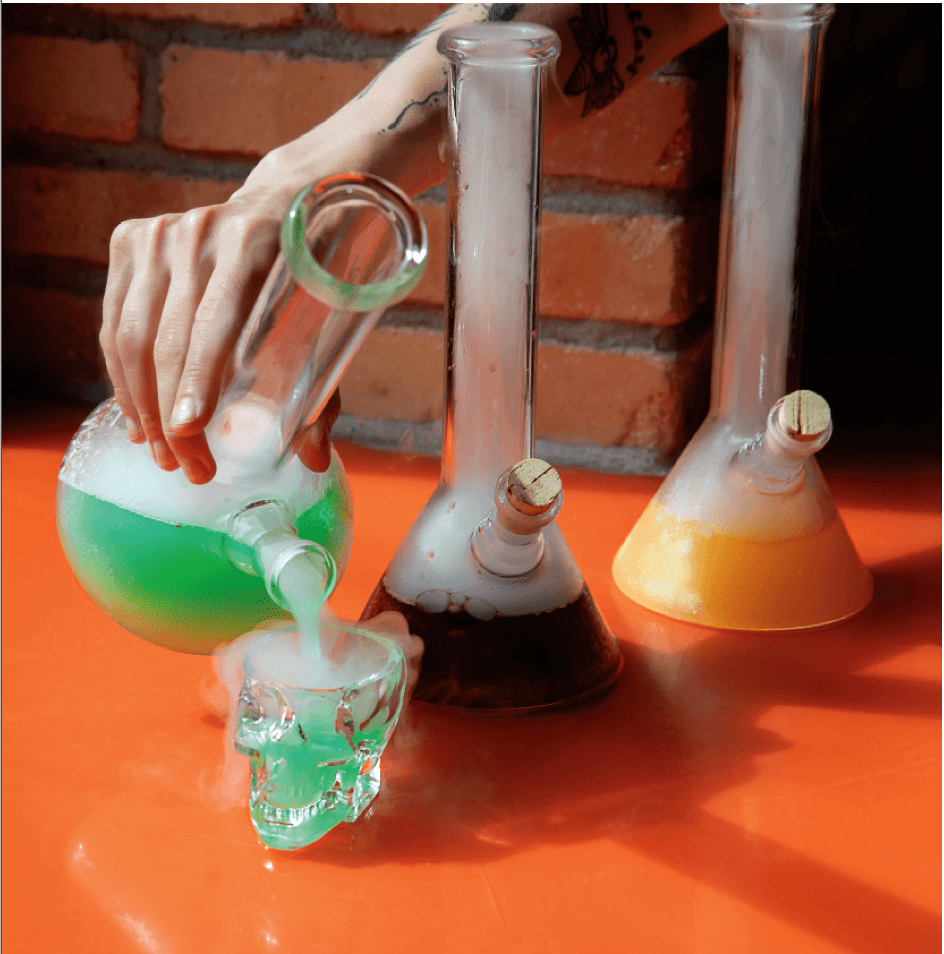Imbibing and Bet-Sizing
Anyone who drives faster when the car speakers blast Radar Love should know how alcohol affects the decision to take risks
Whether it’s Mark Wahlberg knocking back a drink before he goes all-in at the poker table in The Gambler or Ryan Reynolds and Ben Mendelsohn clinking glasses while betting on a horse race in Mississippi Grind, alcohol and gambling go hand-in-hand—or at least that’s how it’s portrayed in movies and other media.
But does alcohol change the way players behave in a game of chance? To find out, researchers study how alcohol consumption influences gamblers’ decision-making and risk-taking.
In a 2019 study at the University of British Columbia’s Centre for Gambling Research, scientists found that participants who were under the influence of alcohol placed higher bets following losses compared with the bets they placed after wins.
That’s called loss chasingand it’s “one of the hallmarks of problematic gambling,” said Luke Clark, director of the Centre for Gambling Research at UBC and senior author of the study.
The experiment included male student participants, who often show higher levels of risk-taking and higher rates of problem gambling than female students, Clark noted in an interview with Luckbox. The participants, ages 19-30, were required to have some experience with gambling and alcohol. They were split into two groups: alcohol and placebo.
Those in the alcohol group were administered a 0.028-oz/lb body-weight-adjusted dose of alcohol, and the placebo group received tonic water with bitters. The researchers used that procedure because the placebo group could not tell whether they received alcohol, thus inducing alcohol expectancy in both groups.
It meant that a 180-pound test subject consumed the equivalent of eight cocktails in 30 minutes. (See Legal Limits, below.)
After drinking, participants waited 20 minutes before playing 110 spins of a roulette wheel in approximately 15 minutes.
“In our data, participants showed a ‘gambler’s fallacy’ effect in both the alcohol and the placebo condition,” Clark said. “The clearest effect of alcohol was that participants in the alcohol group placed higher bets after losses compared with wins, whereas participants in the placebo group did not show any such difference.”
That may have been loss chasing under the influence of alcohol because the participants seemed disproportionately sensitive to losses and were taking on more risk after losses, Clark noted.
Participants under the influence of alcohol persisted for more trials, or longer runs, and placed higher bets almost immediately after a loss compared with a win, the study indicated.
Alcohol vs. placebo
The researchers didn’t say whether the gambler’s fallacy is a good thing or not, but it relates to the alcohol myopia theory—the tendency for alcohol to increase a person’s concentration on immediate events and reduce awareness of distant events, leading to short-sightedness.
Loss chasing is an attempt to recover past losses. In a game of roulette, for example, test subjects show a variety of irrational biases, one of the most common being the gambler’s fallacy, Clark said.
“Where after a run of successive events of one color (e.g., three or four red in roulette), people often strongly believe that the other color (black) must be owed or due,” he noted.
The UBC researchers’ observation of loss chasing falls in line with a 1999 study by the Department of Psychology and Australian Institute for Gambling Research at the University of Western Sydney.
In the latter study, researchers studied the interaction of alcohol consumption and gambling behavior. It was designed with two familiar groups: alcohol and placebo. Participants drank either three alcoholic drinks, each containing approximately 10 grams of pure alcohol (beer or wine) or a non-alcoholic beverage.
Those who drank alcohol persisted for twice as many gaming trials as the placebo group, with significantly more players who had consumed alcohol losing their original cash stake—50% compared with 15% of the placebo group.
Both groups chose black or red in line with the gambler’s fallacy.
So, where does alcohol come into play, and why does it affect people’s decision-making during a game of roulette?
Impulse control
Gambling and alcohol are connected on a number of levels—phenomenological, clinical and neurobiological. Alcohol produces a range of disinhibiting effects, such as making people more impulsive, Clark said. That’s associated with reduced control by the frontal lobes, but it remains unclear how that would affect decision-making. Experiments in complex, real-world gambling settings have been inconclusive.
“Our findings strengthen the case for paying careful attention to alcohol availability in gambling venues,” Clark said. “In most jurisdictions, regulation does pay attention to those things, but given the rise of online and smartphone gambling, it’s also important that the public is aware of the risks of alcohol use when gambling in the home.”
Tastes in Music
One day in 2015, Felipe Reinoso Carvalho was asked to join the Brussels Beer Project to quantify the connection between sound and taste. The project’s administrators wanted to know whether a beer tastes better when paired with a specific piece of music.
Carvalho had studied sound engineering and design and explored the effects of sound on decision-making. He specializes in multisensory experiences—trying to understand how to use sound, touch and taste to create better experiences.
Carvalho and his fellow Brussels Beer Project researchers found that tasters rated beer as more enjoyable with music than in silence. He connected the study to synesthesia—a neurological condition where information meant to stimulate one sense instead stimulates an emotional reaction and decision-making.
Legal Limits: Participants in an experiment were required to wait until their blood alcohol concentration (BAC) was below 0.05% before they were permitted to gamble. In the United States, the federal legal limit for drivers is a BAC of 0.08%.
Gambler’s Fallacy: You’re on a winning streak betting on red at roulette, and it’s starting to feel as though it’s about time to switch to black. This is a gambler’s fallacy—the belief that if a particular event occurs more frequently than usual, it is less likely to happen in the future, or vice versa. But random events have no memory—past events do not change the probability that events will or will not occur in the future.
